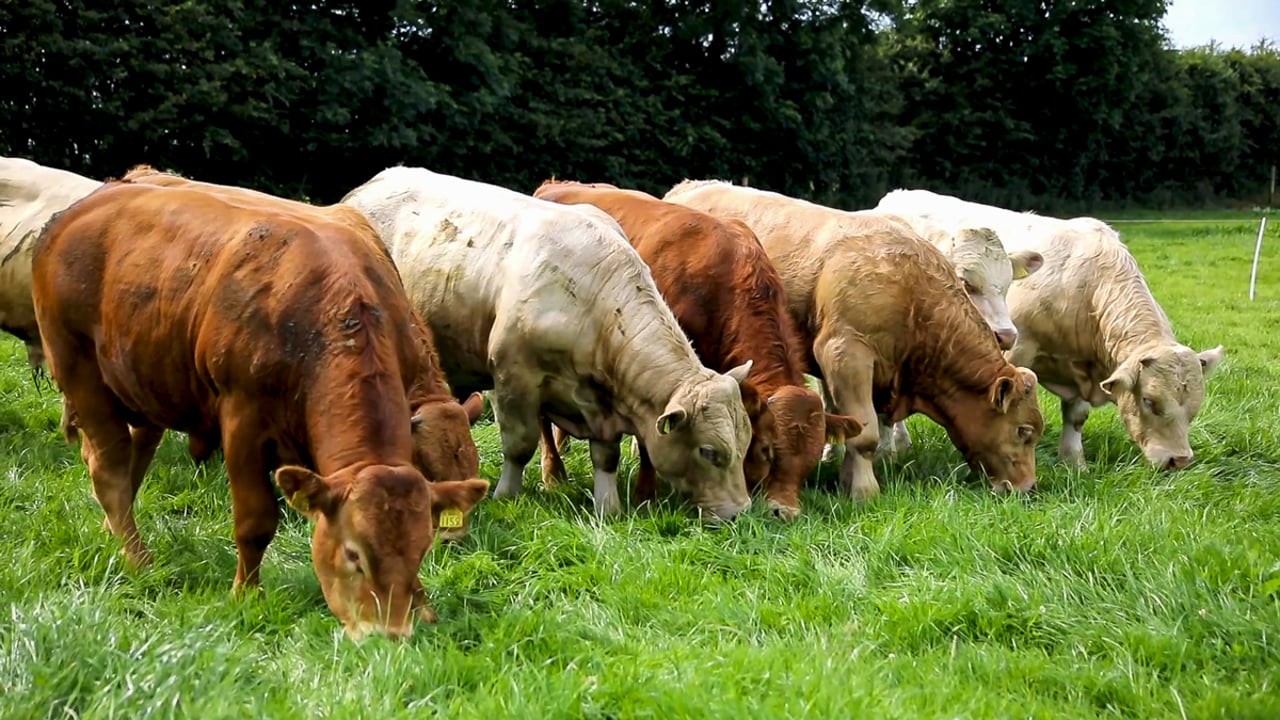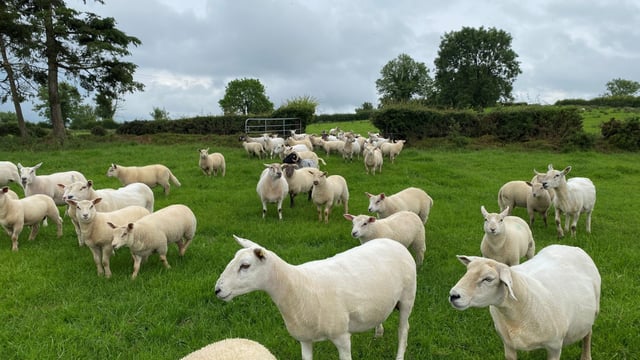Opportunities to drive forward the consumption of beef and lamb
The Livestock and Meat Commission (LMC) is confirming the new opportunities that exist to drive forward the consumption of beef and lamb products.
This follows the attendance of commission representatives at a number of recent high profile food events.
“This has both local and international dimensions,” LMC chief executive Colin Smith explained.
“The recent Anuga Food & Beverage Trade Fair, held in Germany, provided a platform to benchmark Northern Ireland’s marketing strategies against global red meat producers.
“I was delighted that DAERA [Department of Agriculture, Environment and Rural Affairs] Minister Andrew Muir MLA; DAERA’s head of food, farming and rural affairs Martin McKendry; and a delegation from the Ulster Farmers’ Union (UFU) were able to join the LMC group at the event as guests.
“It was a valuable opportunity to demonstrate to key stakeholders how red meat is being marketed globally.”
He continued: “We must not rest on our laurels. Around the world significant investment is already underway as countries seek to capitalise on any opportunity that might exist to further develop their own red meat sectors through increased access to the UK market.
“Uruguay is a case in point. The Uruguayan beef industry used Anuga as a precisely crafted opportunity to showcase to global buyers and 'opinion formers' the key principles that underpin its red meat sector.
“These are the optimal use of grazed grass, the predominant use of high-quality Aberdeen Angus and Hereford genetics; the attainment of the highest possible animal welfare standards; and a fully proven animal traceability system that is free from hormones and antibiotics," Smith said.
“Uruguay is only one country of many committed to this messaging. Producers across South America, Australia and New Zealand all make similar claims to those of UK companies when marketing their red meat products," he added.
The Anuga exhibition was quickly followed by an Invest NI-hosted conference, which specifically addressed changing consumer patterns in Northern Ireland.
The event, which was held in the City of Derry, featured presentations from several organisations with specific expertise in monitoring consumer trends.
A number of key consumer trends were revealed at the event.
For example, where the 'Gen Alpha' age grouping is concerned (0 to 14-year-olds), 65% of parents are worried about their children getting enough nutrients.
Attendees discussed the importance of a balanced diet with one speaker noting that 10% of children in England start primary school obese and 20% leave obese.
In the case of the 'Gen Z' age grouping (15 to 28-year-olds), there is an increasing focus on nutrition and fitness, weight loss and optimising protein consumption.
Younger age groups are interested in functional foods that meet their specific nutritional needs.
Meanwhile, 20% of 'Millennials' (29 to 44-year-olds) have tried weight loss drugs. Within this age group, there is also strong evidence of mental health worries coming to the fore with ‘mood boosting’ foods doing well.
It has also been noted that, among UK adults aged 18 to 34 years of age, who are managing their weight, 48% have either used prescription weight loss drugs in the past year or are interested in doing so.
As we progress through the ages, research indicates that Gen X consumers (46 to 60-year-olds) are becoming more aware of their mortality.
As a consequence, they are much more considered in terms of what they eat.
And finally, the baby boomer generation, of whom there are 13 million in the UK, ‘hate’ ultra-processed and artificial foods. In addition, they want simple, natural and wholesome food at the right price.
The Invest NI event also profiled a number of core insights for the food service sector. These included the need to deliver taste and a fair price for consumers while also utilising ingredients of the highest quality.
Colin Smith commented: “All of this is good news for Northern Ireland’s beef and lamb sector, both locally and in export markets.
“Consumers of all ages want high quality foods that will help deliver a healthy lifestyle. And the inclusion of protein within the diet is extremely important in this context."
He said: “Beef and lamb tick all these boxes. The challenge ahead centres on the development of red meat food options that clearly resonate with consumers.
“And making this happen will require ongoing investment of a significant scale," Smith added.











